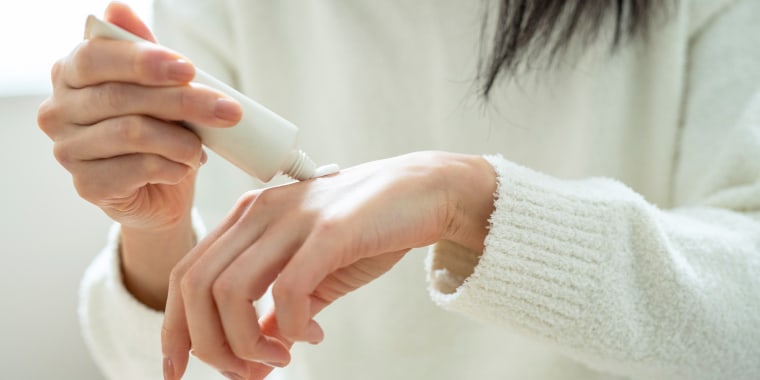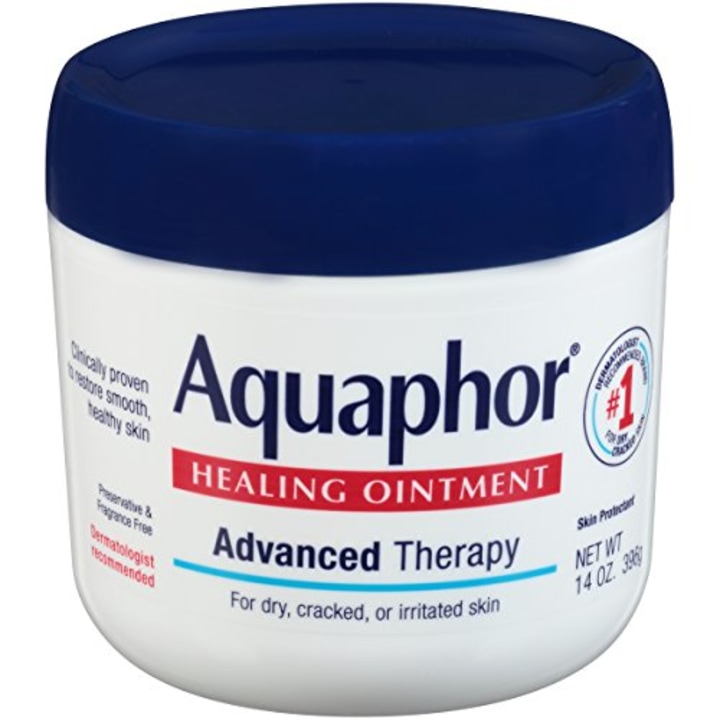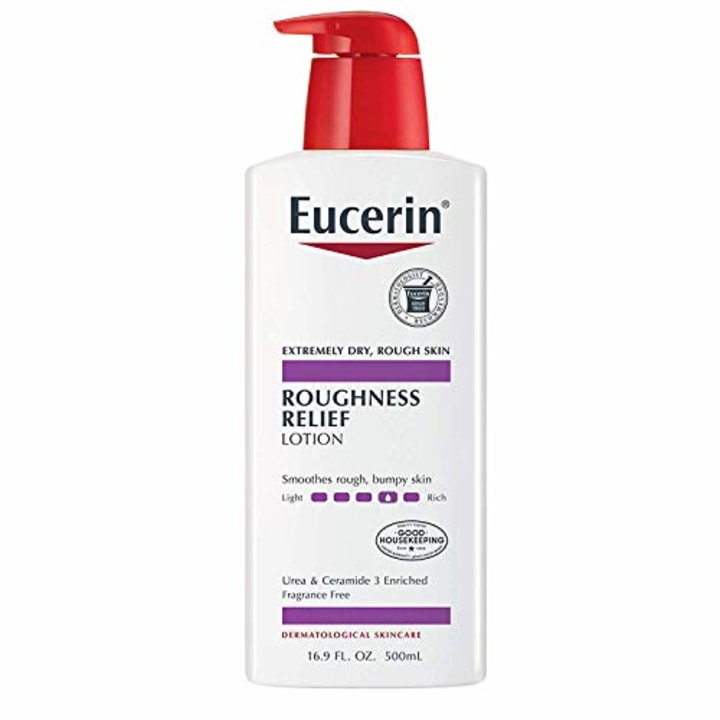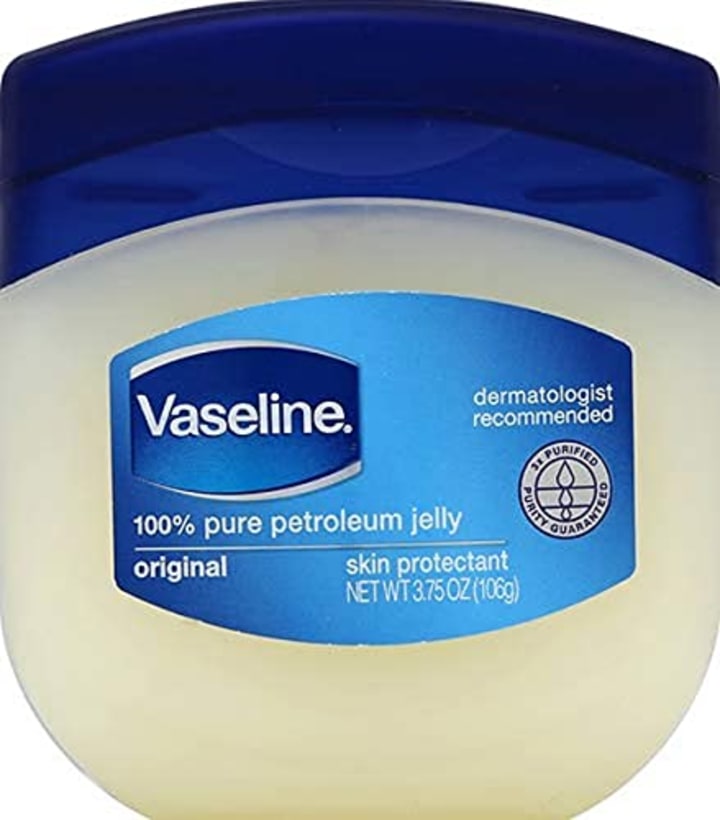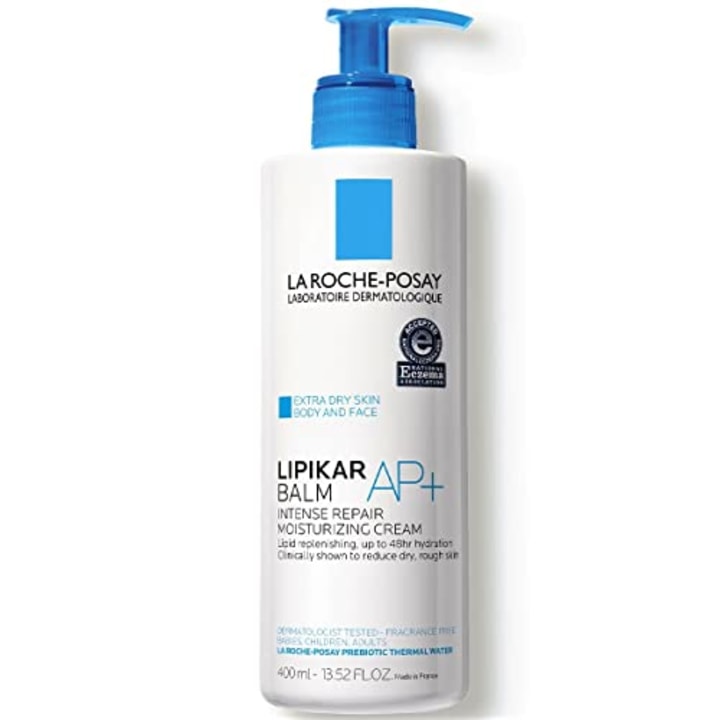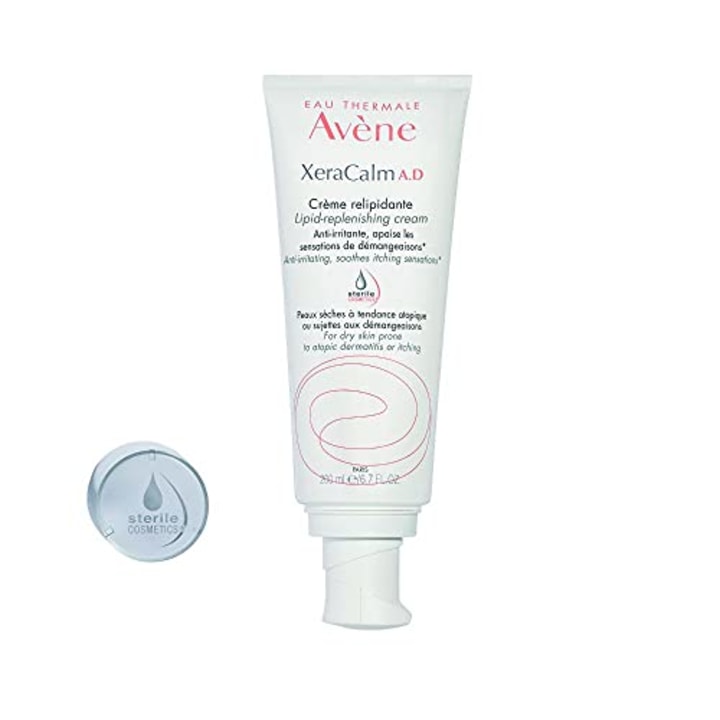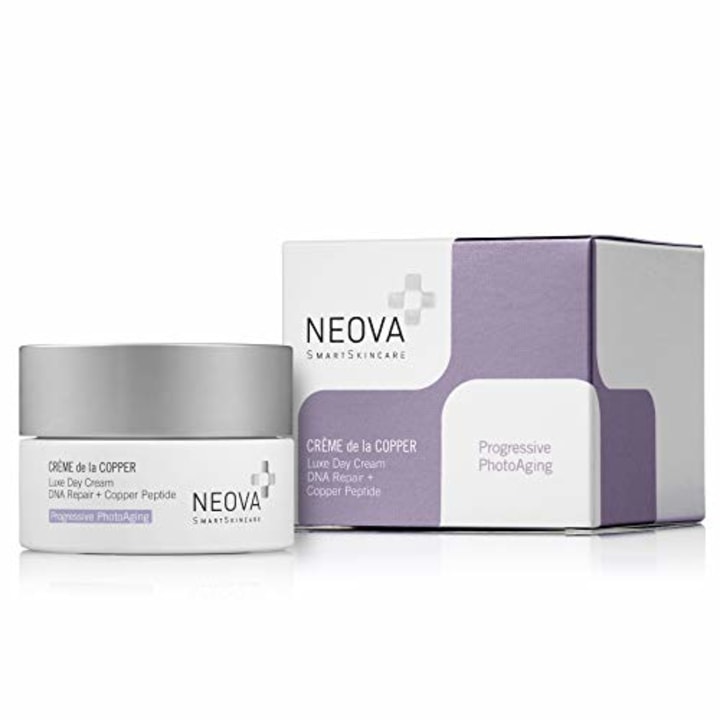The arrival of winter brings with it cold temperatures, dry air and even drier skin. We often use the term “dry skin” as a blanket statement for skin that needs some sort of moisture, but is that scientifically correct? Is your skin dry or is it just dehydrated?
While they appear similarly and even have similar treatments, we asked board-certified dermatologists Dr. Susan Massick and Dr. Amy Newburger to explain the difference and share tips for identifying and treating dehydrated skin.
Is there a difference between dehydrated skin and dry skin?
Yes! Massick and Newburger both stressed the fact that there is a difference between dehydrated skin and dry skin. “I think it’s often used interchangeably,” said Massick. “When people say they have dry skin, they’re probably talking more...[that] they have dehydrated skin, meaning there’s a lack of moisture.”
Massick explained the difference as a skin type versus a skin condition. Dry skin is essentially a skin type, the same way people have oily or combination skin types, which stems from a lack of sebum (oil) in the dermis. Dehydrated skin, on the other hand, indicates a lack of water and moisture in the dermis, making it a skin condition, she explained.
There are several factors that can contribute to dehydrated skin. Many people have experienced it over the past two years with constant hand washing and use of sanitizers due to Covid-19 safety procedures. Cold weather and aging also contribute to dehydrated skin, Massick and Newburger noted.
“As we get older, our bodies don’t make the same kinds of lipids and they don’t function as well. So…the skin doesn’t have as intact a barrier because that outer layer of dead skin is what keeps us water tight,” Newburger elaborated. Because of this, that outer layer of skin becomes thinner and more fragile, which makes it more susceptible to cracks and irritation. Loss of collagen and glycosaminoglycans like hyaluronic acid can also affect hydration levels in the skin, she added.
How to tell if you have dehydrated skin
There are a few ways to tell if you have dehydrated skin, but the first won’t come from just looking at it on the outside. “If you’re not taking enough water or liquid systemically, your whole body will become dehydrated, but there’s other symptoms that you’re going to get along with that, like light headedness, increased thirst, and so on and so forth,” Newburger told us.
If you’re looking at your skin and notice things like increased skin markings, scaly white patches or tightening, then that means it’s getting dehydrated, Massick said. The best way to treat dehydrated skin is to stay ahead of the game with constant hydration, since prolonged periods of dehydration can lead to redness, inflammation and irritation.
“When you’re already thirsty, that means you’re a little bit behind on trying to rehydrate,” she explained. “If you’re waiting for your skin to show symptoms or if you’re waiting and notice that your skin is feeling tight or painful or irritated or itchy, that means we’ve already lost quite a bit of hydration and it’s time to really try to catch up.”
She described another way of being able to tell if you have dehydrated skin by doing something called a “pinch test.” Noting that it’s not foolproof, it’s a quick way to determine if your skin is dehydrated at home by pinching the skin and, if it looks wrinkly or doesn’t bounce back to its normal position, then it’s more than likely dehydrated. If you have dry skin, you’re not likely to see that wrinkled and pinched appearance.
How to treat dehydrated skin
Moisturize, moisturize, moisturize!
If your skin is dehydrated, the solution seems simple, but it’s important to be selective about the products you use to add moisture back into the skin because not every product is created equally.
Massick recommends opting for something that has a higher oil concentration, which tends to be a bit thicker than your average lotion because they provide more moisture to the skin. “They’re a little bit harder to apply because they feel a little bit heavier, a little bit greasier, but they’re much, much better when it comes to moisturizing the skin,” she said.
Newburger suggests using a cream to add moisture to the skin unless you have significantly hypersensitive skin, she warns. Creams have preservatives in them to help decrease microbial overgrowth due to the presence of water, but they are also potential allergens and irritants. If you have sensitive skin, she recommends going with an oil or ointment instead because those don’t have preservatives in them.
Look for replenishing ingredients
Skin care ingredients matter just as much as the type of product you choose. Massick and Newburger recommend looking for products with active ingredients like ceramides, lipids, hyaluronic acid, copper peptides and oatmeal, while steering clear of products that have fragrance in them.
Ceramides are thought of as an aid in the barrier function of the skin, and Massick compared the ingredient to the mortar in a brick wall. “If you think of the skin like bricks and mortar, we think about skin cells as the bricks and the mortar would be all the different ingredients that help keep the skin cells together. A ceramide would act almost like that mortar to try to replenish the moisture,” she told us. Ceramides also help replace any defects in the barrier of the skin, she added.
Lipids are another key ingredient to look out for, Newburger told us. She compared lipids and ceramides, stating that both ingredients are not likely to cause blemishes or block pores and called them important and “not harmful to anyone.”
Oatmeal is an anti-inflammatory ingredient that Massick says you can look for in a hydrating product, noting that it can help make the product “feel soothing to the skin.”
Hyaluronic acid is one of the glycosaminoglycans that Newburger mentioned decreases with age, so it would be a good idea to choose a product with this ingredient because it can hold water on the surface of the skin.
Although hyaluronic acid holds water on top of the skin, what about an ingredient that can penetrate the skin to provide moisture? For this, Newburger mentioned copper peptides. They are smaller molecules than hyaluronic acid, making it easier to penetrate the skin.
While there are several helpful ingredients to look for, there’s one that you don’t want to see in a “hydrating” product: fragrance. It can be tempting to use a sweet scented lotion, but Massick says even though they smell nice and are fun to use, they won’t actually have any benefits. “They actually aggravate and irritate the skin and they probably contribute more to irritation,” she said.
Can you stack products for even more benefits?
It can be helpful to stack different products, but the most helpful thing to do, Massick noted, is to choose something you like and are actually going to use. Pick something that is easily applied since you’ll likely have to reapply multiple times throughout the day during the winter when your environment is drier and colder.
She also advises making things easier for yourself by keeping your go-to products nearby in easily accessible places like your backpack, purse or car so you don’t have an excuse for not moisturizing.
Don’t take long, hot showers
As soothing as they may be, you’ll want to avoid taking long, hot showers. Massick says to make sure the water is warm — not too hot — and be out in less than 10 minutes. Longer showers spent in hot water can be dehydrating.
After your shower, towel dry slightly — but leave your skin a little damp — and apply a nourishing moisturizer on top. “That's one of the key times to put moisturizers on because there’s still a little bit of the moisture from the shower on your skin. You want to try to seal that additional water into the skin,” she said.
Don’t scratch!
Similar to eczema, dehydrated skin can feel itchy and irritated. Resist the temptation to scratch your skin, but if your condition worsens, see a dermatologist! “We’re really hoping to make sure people don’t flare up in the winter,” Massick emphasized.
Dermatologist-approved products for dehydrated skin
Aquaphor Healing Ointment
Aquaphor is a thicker ointment that Massick mentioned since it has a higher oil content than water. "It helps replenish and moisturize the skin," she said.
Eucerin Roughness Relief Lotion
Newburger likes this lotion because it's made with urea, "a small molecule that sloughs off dead skin," she said. For exfoliating dry and flaky skin, she suggests avoiding rough grains or buff puffs because they can create more issues in the long run and instead opting for a product with salicylic acid or urea in it.
Vaseline Petroleum Jelly
"Something as simple as Vaseline Petroleum Jelly is a great emollient moisturizer that people don’t really think about as an option for dehydrated skin but it works great," Massick said.
La Roche-Posay Lipikar Balm AP+ Intense Repair Body Lotion
Another Newburger pick, she called out this lotion from La Roche-Posay for its lipid content. It also contains niacinamide, shea butter and glycerin. According to the brand, it even provides up to 48 hours of hydration.
Eau Thermale Avène Xeracalm A.D. Lipid-Replenishing Cream
Newburger calls this hypoallergenic lipid-replenishing cream "very effective" (along with the La Roche-Posay Lipikar Balm AP+ Intense Repair Body Lotion).
Neova Créme de la Copper
Made with skin-penetrating copper peptides and a DNA-repairing formula, Newburger recommends Neova for products that will provide moisturization underneath the skin and not just on top. The products they have with DNA repair enzymes like this one are "useful for dealing with the impact of the environment on the skin as opposed to intrinsic aging," she said, before adding that it may be beneficial for people who spend a lot of time in the sun.
For more stories like this, check out:
- 13 shopper-approved hair oils that deliver serious growth and shine
- Candy or skin care? We asked dermatologists about this familiarly-named ingredient
- In your 30s? You might be experiencing perimenopause — here's what to know
- Should you be using skin care products with peptides? A dermatologist weighs in
- Vitamin E is the ingredient your beauty routine needs for a glowy complexion — here's why
Subscribe to our Stuff We Love and One Great Find newsletters, and download our TODAY app to discover deals, shopping tips, budget-friendly product recommendations and more!
